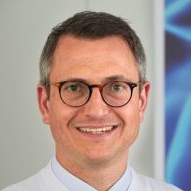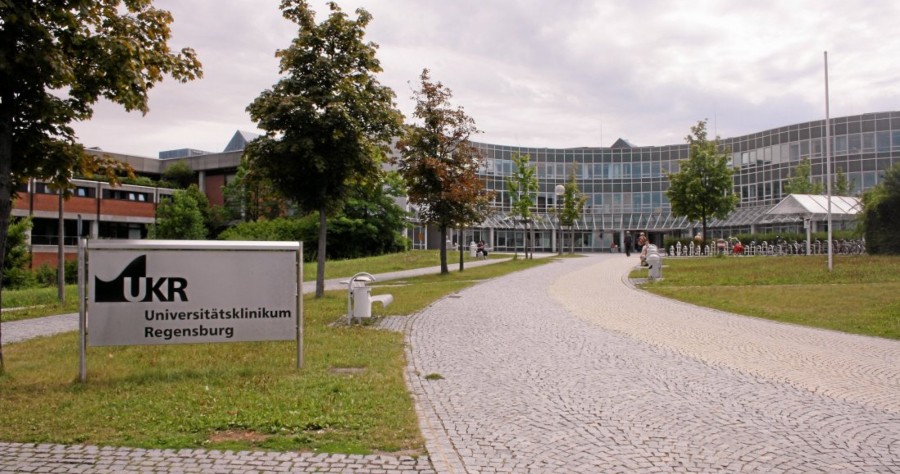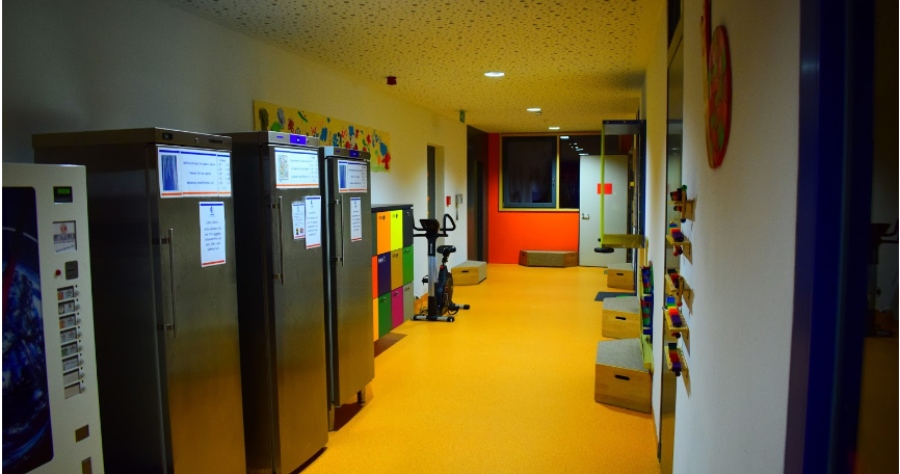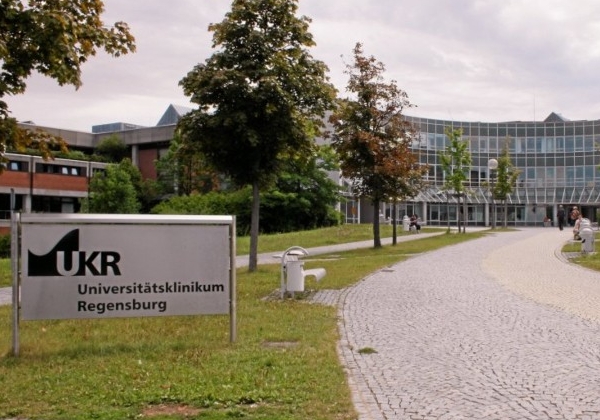University Hospital Regensburg
![]() Regensburg, Germany
Regensburg, Germany
Diagnosis of Angina pectoris
- Initial consultation with the doctor
- clinical examination
- cardiological examination
- review of medical records
- laboratory tests:
- complete blood count
- biochemical analysis of blood
- lipid profile
- kidney function test
- metabolic status
- hormonal analysis
- cardiovascular disease risk markers
- general urine analysis
- ECG
- chest X-ray
- stress echocardiography
- graded exercise stress test
- myocardial perfusion scintigraphy (if indicated)
- coronary artery calcium (CAC) score by fast CT (if indicated)
- electron-beam computed tomography (EBCT)
- CT coronary angiography (if indicated)
- nursing services
- consultation with cardiologist
- consultation with other related specialists
- explanation of an individual treatment plan
- written prescription
Department of Internal Medicine II (Cardiology and Pulmonology)

Head of the Department
Prof. Dr. Lars Maier
Department of Internal Medicine II (Cardiology and Pulmonology) at University Hospital Regensburg provides care for patients with diseases of the cardiovascular and lower respiratory system. The department has the main focus on the treatment of heart attack, coronary heart...
Read MoreAbout University Hospital Regensburg
University Hospital Regensburg is a high-quality health care center that covers a wide area of the population of about 2.2 million people in the Northeast region of Bavaria. The hospital is one of the most modern and economical clinics of the Federal Republic that has core functions of patient care, research, and teaching. The hospital is aligned on high-performance medicine, particularly in the fields of transplantation, intensive care, oncology, and cardiovascular diseases and works in cooperation with other specialized clinics to ensure patients get optimal care. The hospital consists of over 25 departments, 43 specialized clinical and research centers and is considered one of the top German university hospitals as it has over 4,900 employees and teaches over 2,000 physicians and dentists every year. The hospital has a bed capacity of 839 beds where over 31,000 inpatients are treated, 52 daycare units where 4,300 patients are treated and outpatient clinics where over 257,000 are treated every year.








